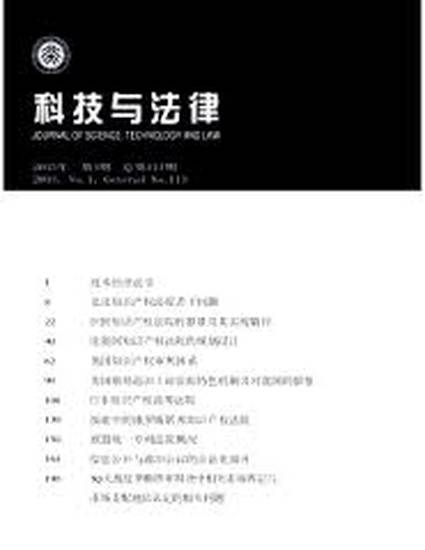
Article
The Intelligentization of Automobiles:Smart-Cars、Robo-Cars and their Safety Governance
Journal of Science, Technology and Law
(2014)
Abstract
Currently, we are witnessing the transition from feature- to smart-cars, and it will be arevolutionary trend since smart-cars’ highly perception with unstructured environments. The control systems in feature cars are well understood and within our theoretical frameworks. Certain safety properties of stability control systems-for example-can be formally proved. The underlying physical models are well understood and can be fitted with accurate sensor readings. The ECUs understanding of the environment is therefore close to the ground truth. However, as pointed out in this is no longer the case for smart-cars where driver assistance systems implement (semi)-autonomous behaviors. Except to smart cars, the other unmanned autonomous robo-cars could derive more safety and ethical problems. Thus, the authors would like to analyze potential safety gaps and also to provide our suggestions for safety governance regarding the implementations of smart/robo-cars.
Keywords
- Smart Cars,
- Robo-Cars,
- Open-Texture Risk,
- Safety Governance,
- Robot Law
Disciplines
Publication Date
Summer 2014
Citation Information
Yueh-Hsuan Weng and Dominic Hillenbrand. "The Intelligentization of Automobiles:Smart-Cars、Robo-Cars and their Safety Governance" Journal of Science, Technology and Law Vol. 110 Iss. 4 (2014) Available at: http://works.bepress.com/weng_yueh_hsuan/32/
